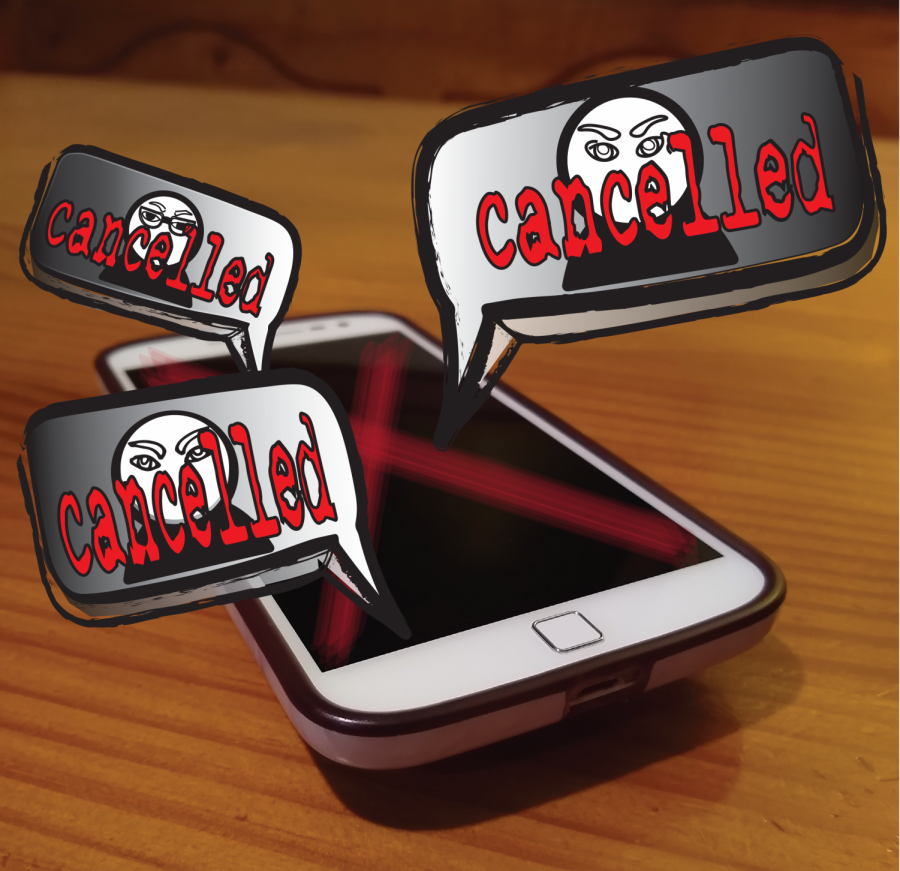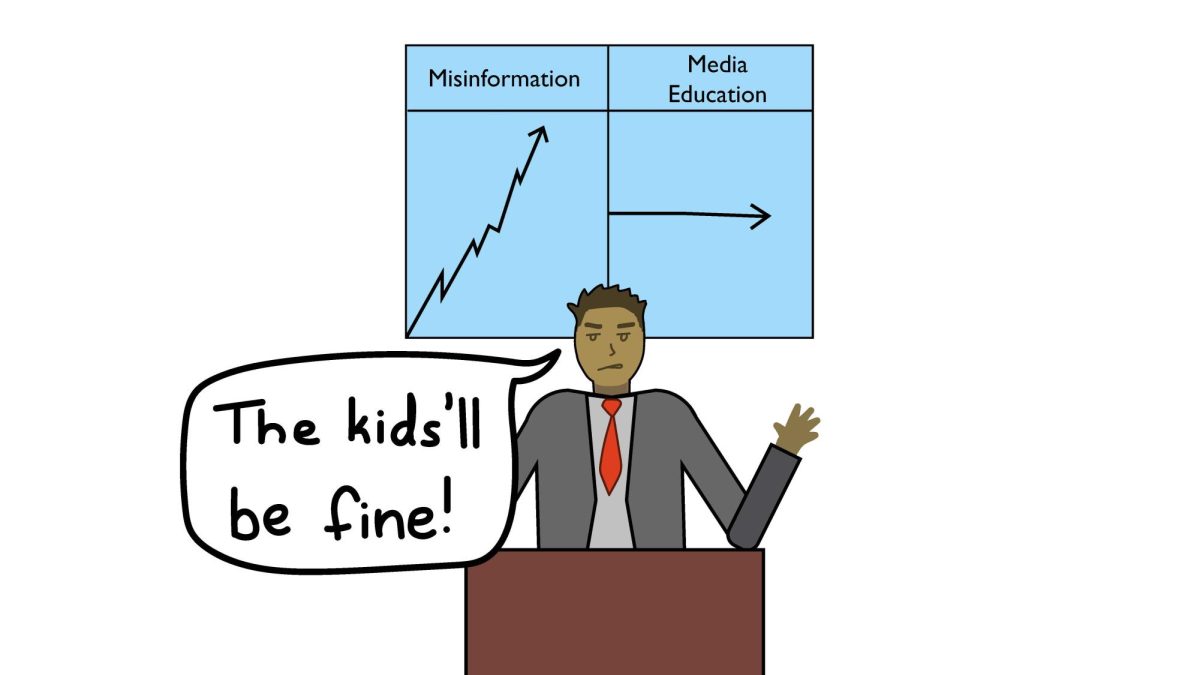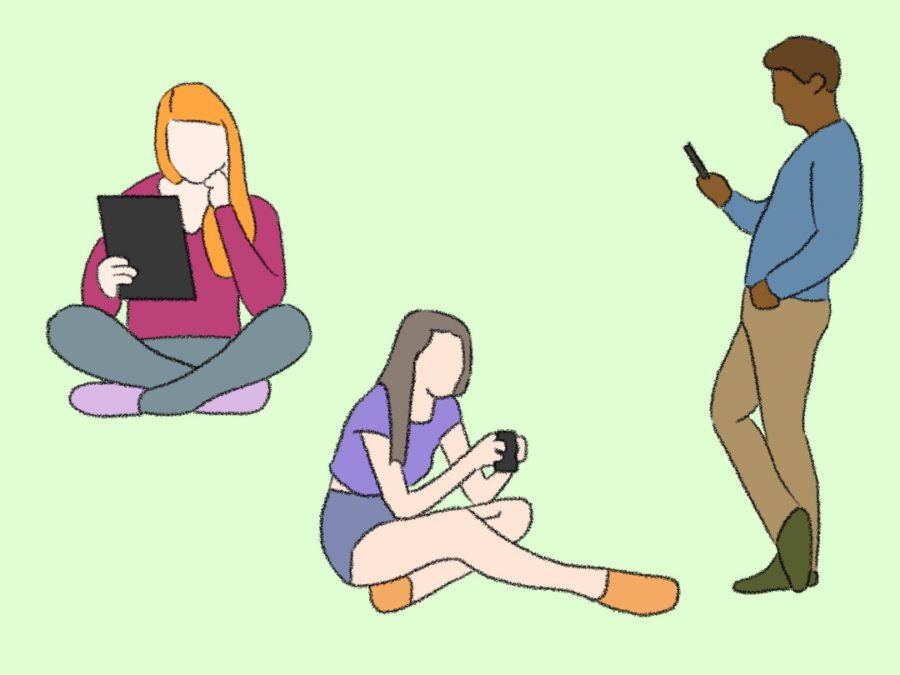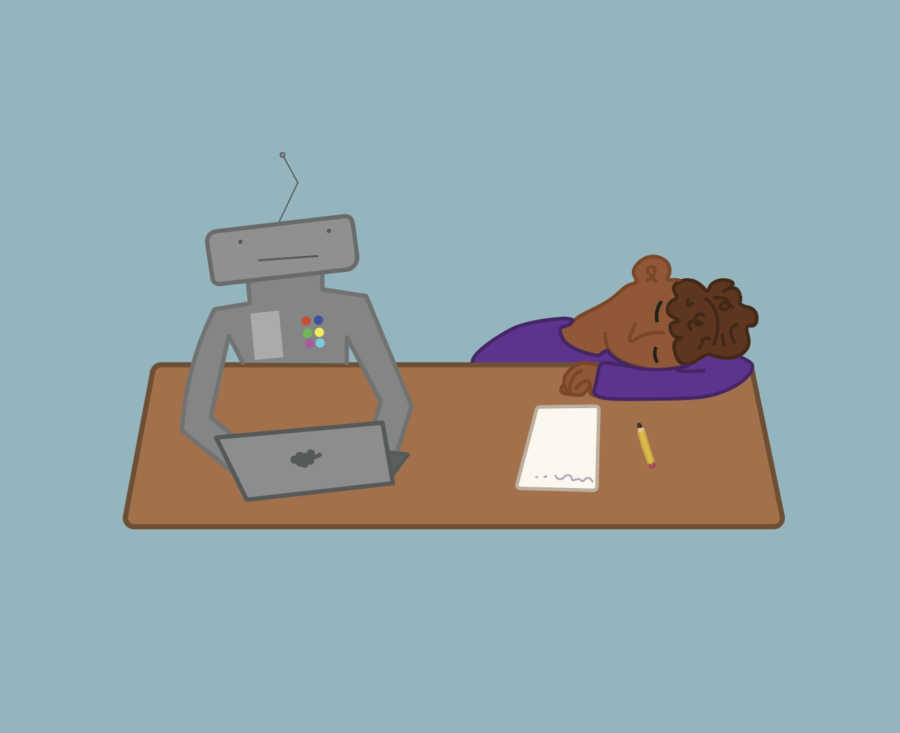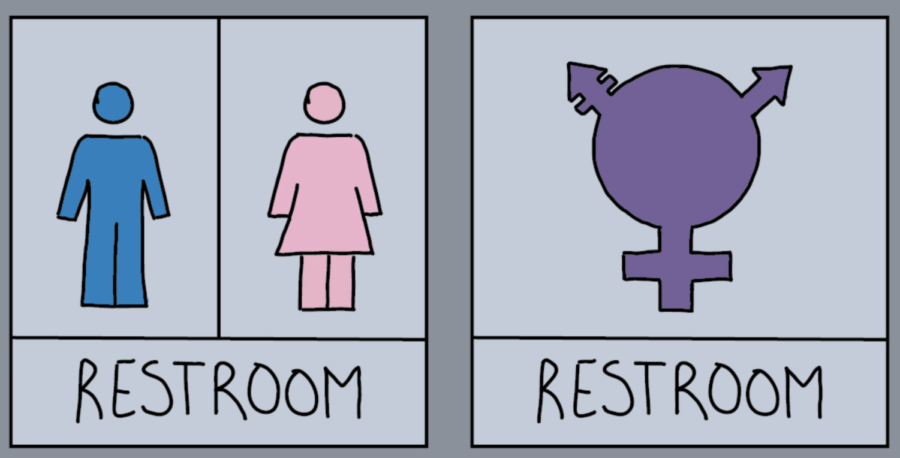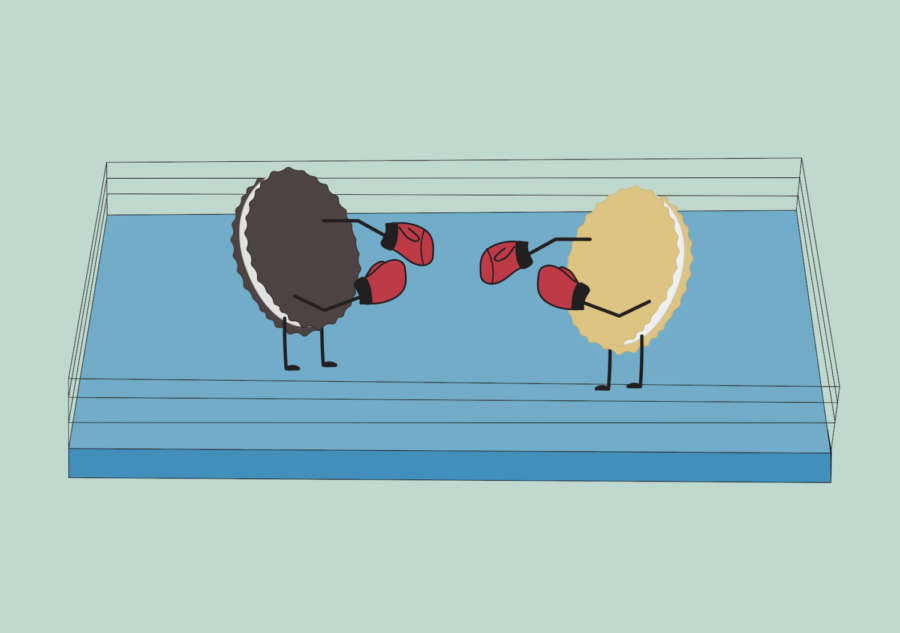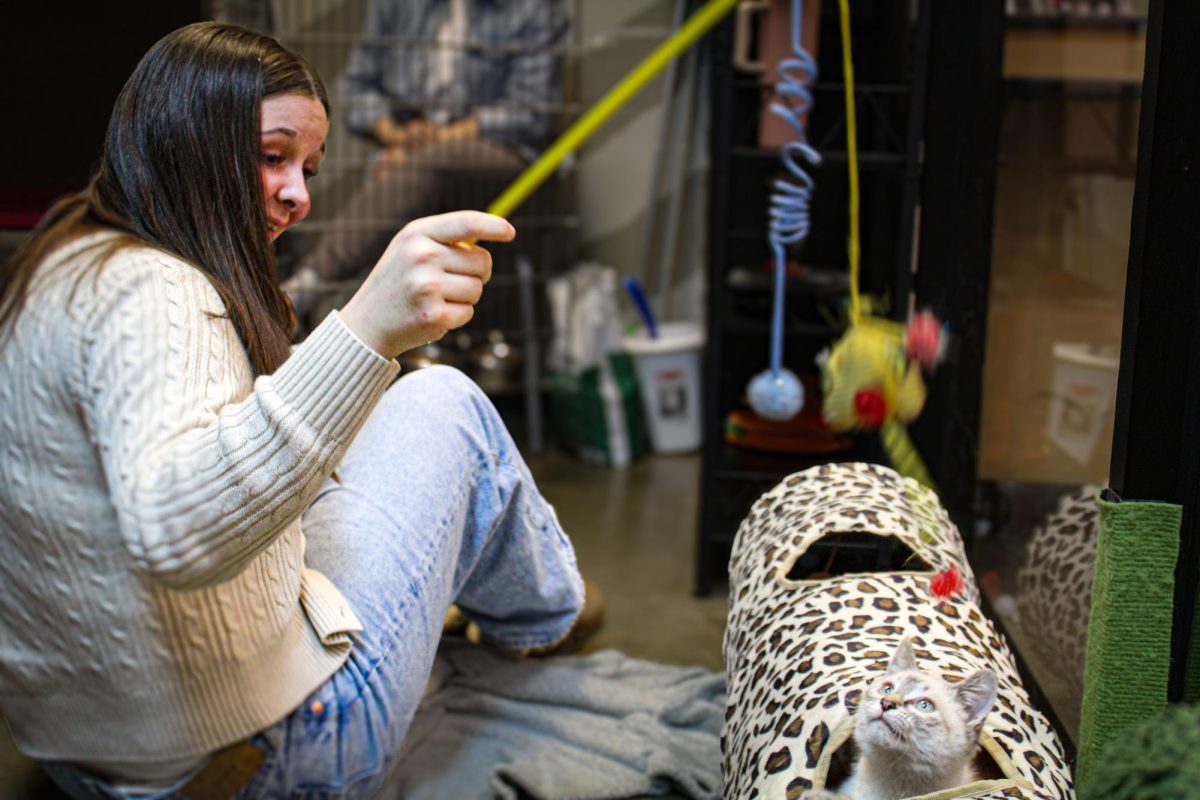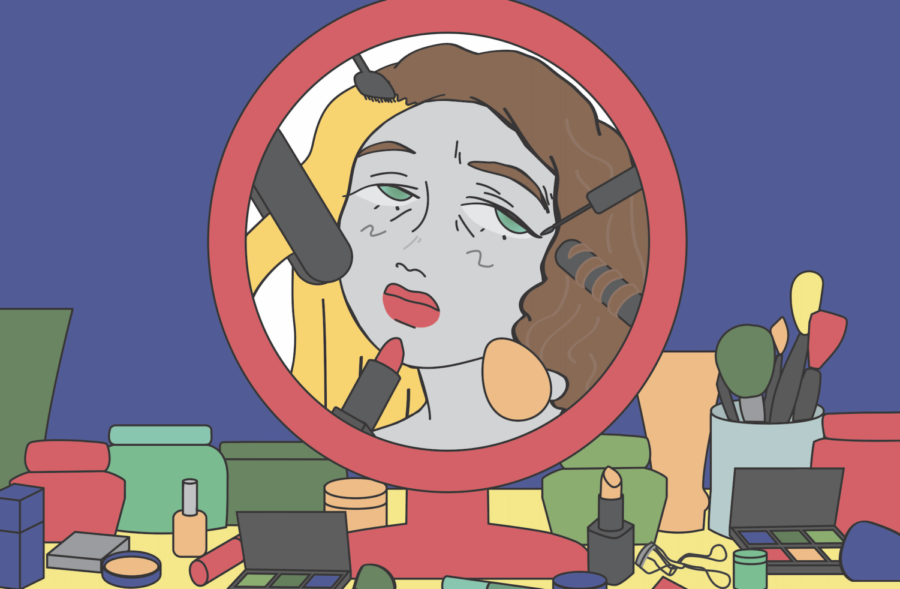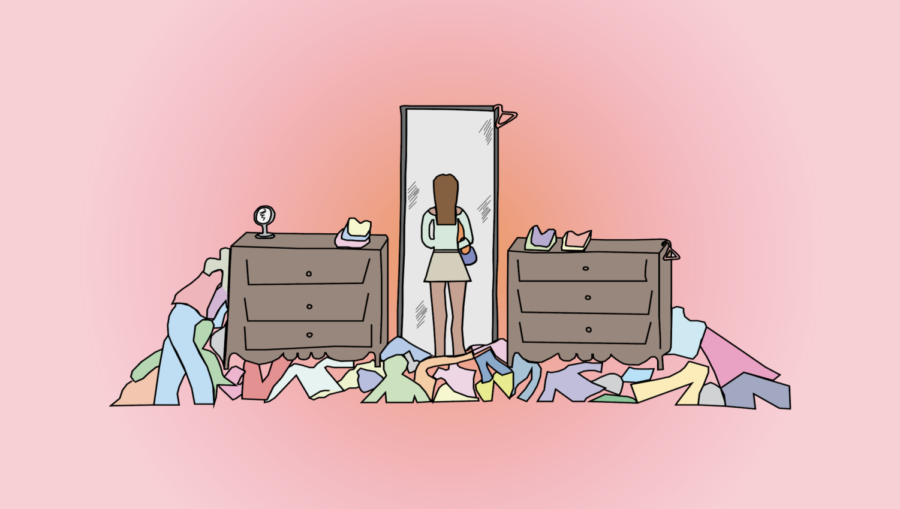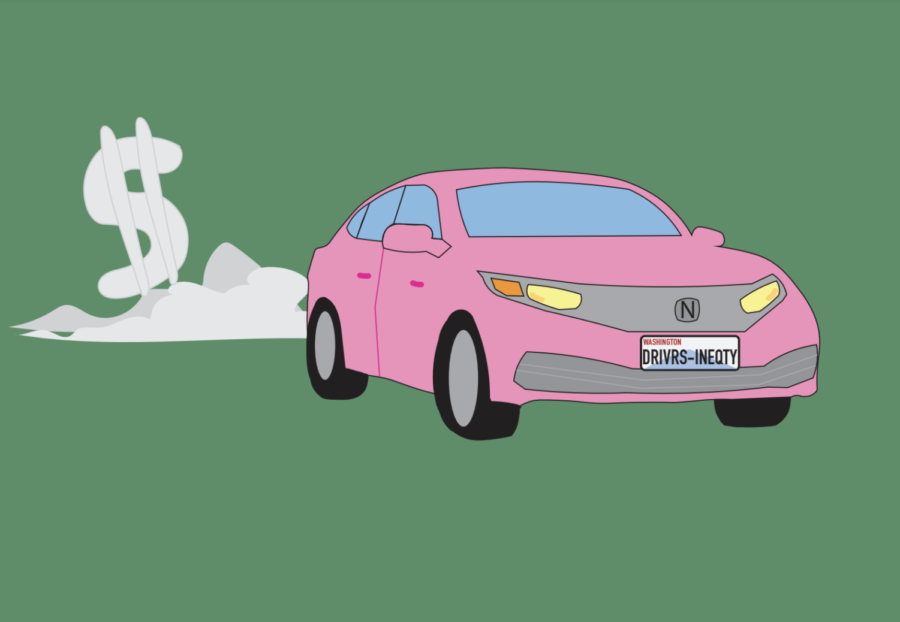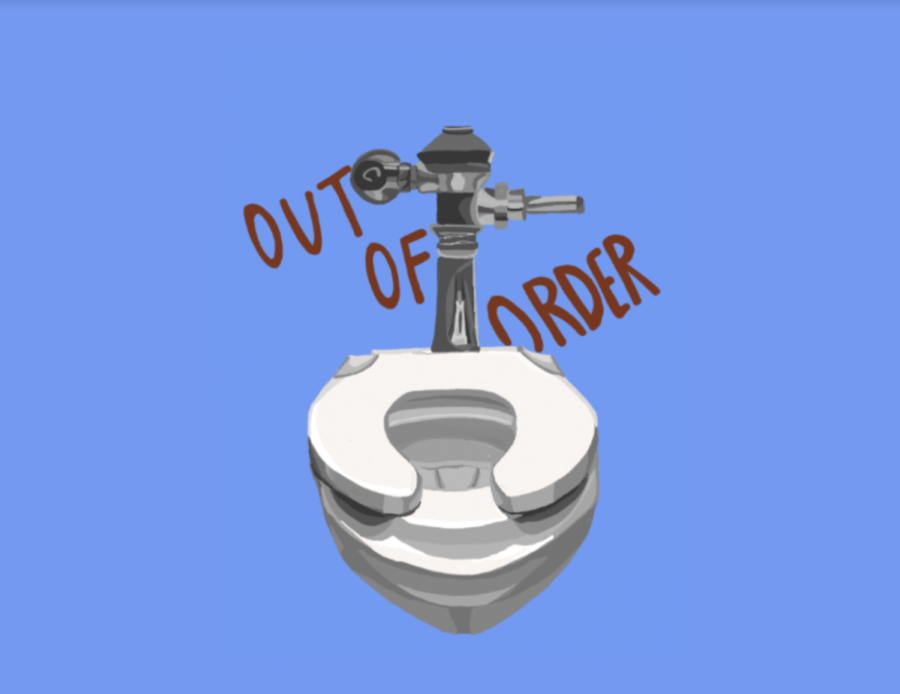Does cancel culture have a positive impact on our society?
Yes, cancel culture fills in the gaps left by unequal societal systems
Sofia Leotta
Social media enables action. Amid a rapidly digitalized world categorized by widespread discourse, it’s no surprise that online communities have found unique ways to use their ever-growing crowd influence. One distinct form of power that groups of media users hold is cancel culture. Cancel culture, also known as call-out culture, refers to a form of boycott best known for its influence on social media toward public figures. It comes from the inability of average people to “call-in” to celebrities, or directly speak to them about an issue, instead “calling-out” their wrongdoings publically.
The philosophy behind cancel culture targets what can rarely be salvaged by wealth or fame: social standing. Despite arguments that cancel culture is counterproductive, a mass digital boycott calls attention to the misconduct of seemingly-unreachable people with higher social standing— a process that is necessary in a world where legal and social systems do not respond equally to the needs of individuals.
In many cases, punishing one person isn’t the main goal of cancel culture, especially considering how a damaged reputation will rarely take away a prominent celebrity’s fame or fortune. The broader aim of cancel culture is to bring issues that people ignore into the spotlight. These include but are not limited to using racial and homophobic slurs and sexual harassment. Cancel culture is dramatic to the point where it is impossible to ignore, influencing the future behaviors of other celebrities and bystanders by demonstrating that certain misconduct is not tolerated in the public eye.
However, all poor behaviors are not equal, and while smaller acts of misconduct may simply be publicized and damage an individual’s reputation, larger acts of misconduct often translate to more impactful repercussions. Cancel culture can pave the way to legal action by drawing attention to someone’s criminal behavior. When someone is cancelled for a more harmful issue, petitions and calls for legal repercussions create a momentum that otherwise would not exist. Whereas legal systems could normally be bypassed with enough money, fierce social outcry can’t easily be suppressed through wealth.
Bill Cosby, a wealthy American comedian accused of sexual assault by 60 women, provides a prime example of cancel culture’s influence in actualizing justice. In 2005, Cosby was not prosecuted for his crimes due to his legal power and monopolization of the press. Contrastingly, in 2014 clips criticizing Cosby and the voices of assaulted women circulated the media, leading to the mass “cancellation” of Cosby. This online movement brought him to court— he was arrested this time largely due to digital outlets reprimanding his behavior to the extent that he could not manipulate legal systems and skew the press in his favor as he had in 2005.
Cancel culture had a clear impact in bringing Cosby to justice, along with others such as former film producer Harvey Weinstein and singer R. Kelly. Without the widespread attack on reputation that cancel culture brings, celebrities in elevated societal positions can continue to bypass legal punishment due to wealth or power.
This aspect of cancel culture— the ability for any and all people to effectively crack down on misconduct— brings more equality to systems in society. Those participating in cancel culture often have limited influence through traditional outlets of reporting misconduct. Legal systems, as well as social systems such as media representation, have historically favored the perspectives of more “socially-accepted” people, including people in occupations of higher social standing, people with more money, older generations and white people.
Thus, those active in digital boycotts are people whose voices have been historically undervalued in social and legal systems. In a world where change moves at a sluggish pace, it’s no big surprise that these silenced groups would turn to something like cancel culture. Cancel culture is a valid and impactful mass response that demands accountability amid systematically-biased systems.
As long as legal and societal systems of power disproportionately disadvantage communities who are younger, poorer, non-white or under-represented in mainstream media, unorthodox methods of advocacy, such as digital boycotts, send a powerful message— a message that can often generate greater change than systems that don’t serve all people equally.
No, cancel culture ultimately does more harm than good
Minita Layal
The internet is exploding. Every day, we hear more stories of powerful celebrities and business leaders being cancelled for misconduct or offensive behaviour. In recent months, society has shifted the focus of its fire from the rich and powerful to the ordinary, who are cancelled for beliefs and behaviors deemed unacceptable to society. Cancel culture is a movement that has given power to those who have often felt powerless in the face of racism, sexism, homophobia and other harmful attitudes. It is also a controversial topic, prompting debate regarding its effectiveness and whether or not it has gone too far. Although it has its appeal, ultimately cancel culture as a movement is generally ineffective and may actually do more harm than good in the long run.
Cancel culture is often ineffectual, mainly due to the types of people it commonly targets. Traditionally, the wealthy, the famous and the powerful have been the target of cancel culture. These are the people who have the most influence in society, so it is logical to want them to represent views of diversity, equity and equality. In extreme cases, cancel culture has worked in silencing celebrities and politicians such as Kevin Spacey and R. Kelly, who have exhibited some of the worst behaviours. But Kanye West, despite his controversial and hurtful statements, is still as popular as ever. Michael Jackson is still considered a legend despite allegations of sexual assault.
Then there is the question of whether cancel culture has gone too far. In some ways, it has. By completely cutting someone off, we deny them the chance to have real conversations about the harmful nature of their actions. We allow their legacy and career to be defined by one mistake. To be clear, In no way is this referring to people accused of sexual assault, racism or other discriminatory or prejudiced behavior; there should be no second chances for actions or comments that are violent or seriously harm people. However, when a person makes an ignorant remark and expresses a real desire to learn and grow from their mistake, cancelling them is wrong. By silencing those kinds of people and condemning them immediately, we do not give them the chance to address their behaviour and learn from their mistakes, and thus lose their positive contributions to society. While it is no one’s responsibility to educate others about mistakes in past behavior, the person who made the mistake should receive the chance to educate themselves.
Moreover, cancel culture may actually be counterproductive to movements such as Black Lives Matter. Support for the Black Lives Matter movement increased after the murder of George Floyd, an unarmed black man who was killed by police officer Derek Chauvin. The movement has already made groundbreaking changes in how we view law enforcement’s role in society and how racist police tactics hurt the Black community. This is a movement that relies on the support of people of all races, backgrounds and levels of education. Therefore, indiscriminately cancelling people who make well-intentioned but ignorant remarks is detrimental to the movement at large. If people are afraid that they will be cancelled if they accidentally say or do that wrong thing, they will be less inclined to speak out, which will ultimately alienate them from the movement. Rather than allowing the threat of cancellation to hang over their heads, we should allow them the chance to educate themselves. Those who come from a position of privilege often don’t realize that their views or behaviors are offensive until they are called out for it; but if they express a desire to then address their misconceptions and make an effort to grow from their behavior, then they should be allowed the time to educate themselves.
Cancel culture in this form is ineffective since it doesn’t always discredit the people that it needs to, it doesn’t allow people to learn from their mistakes, and ultimately hurts movements that depend on unity. We should strive for communities that not only call people out for their problematic behaviour but also allow them to learn and grow.



